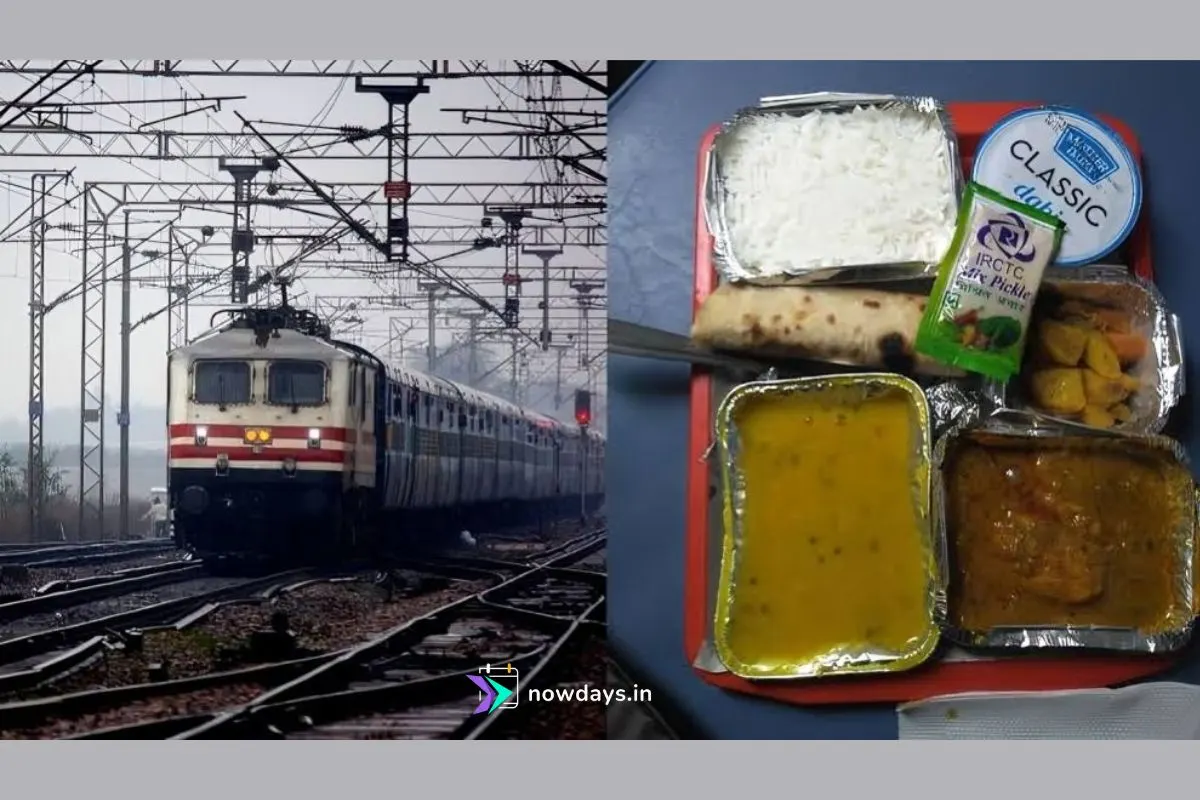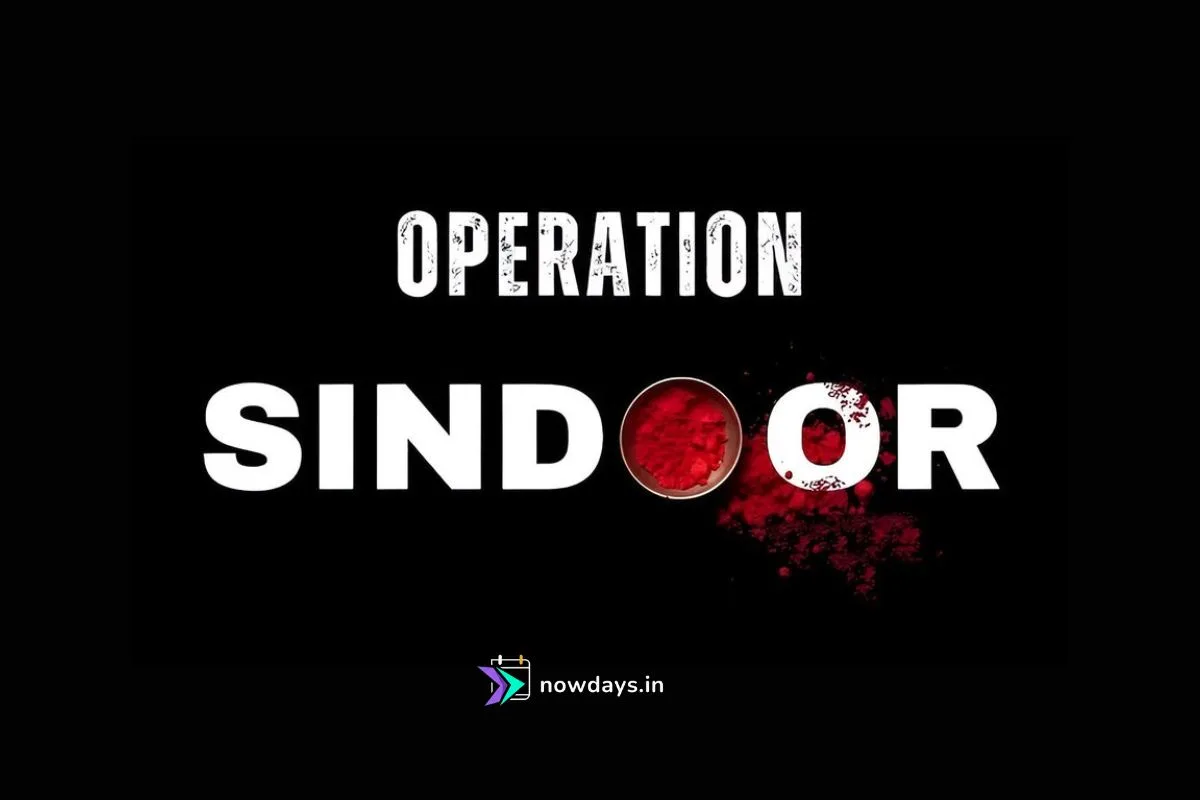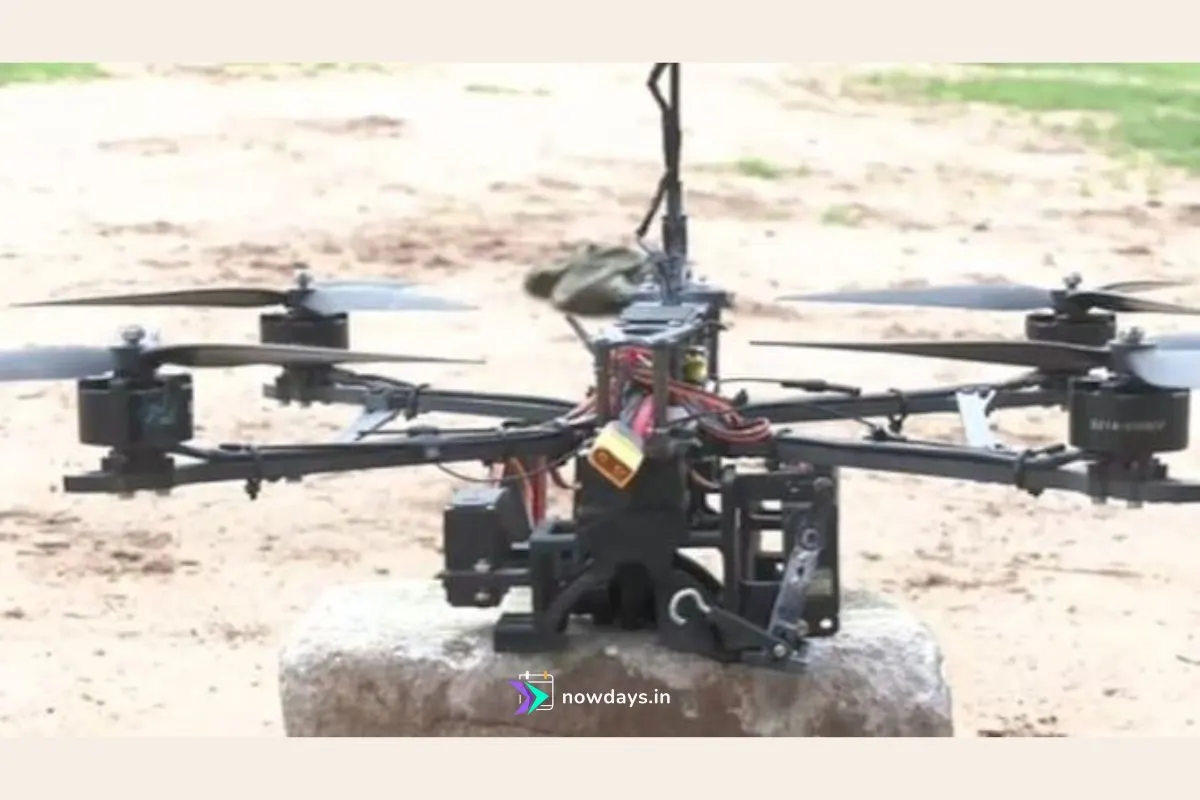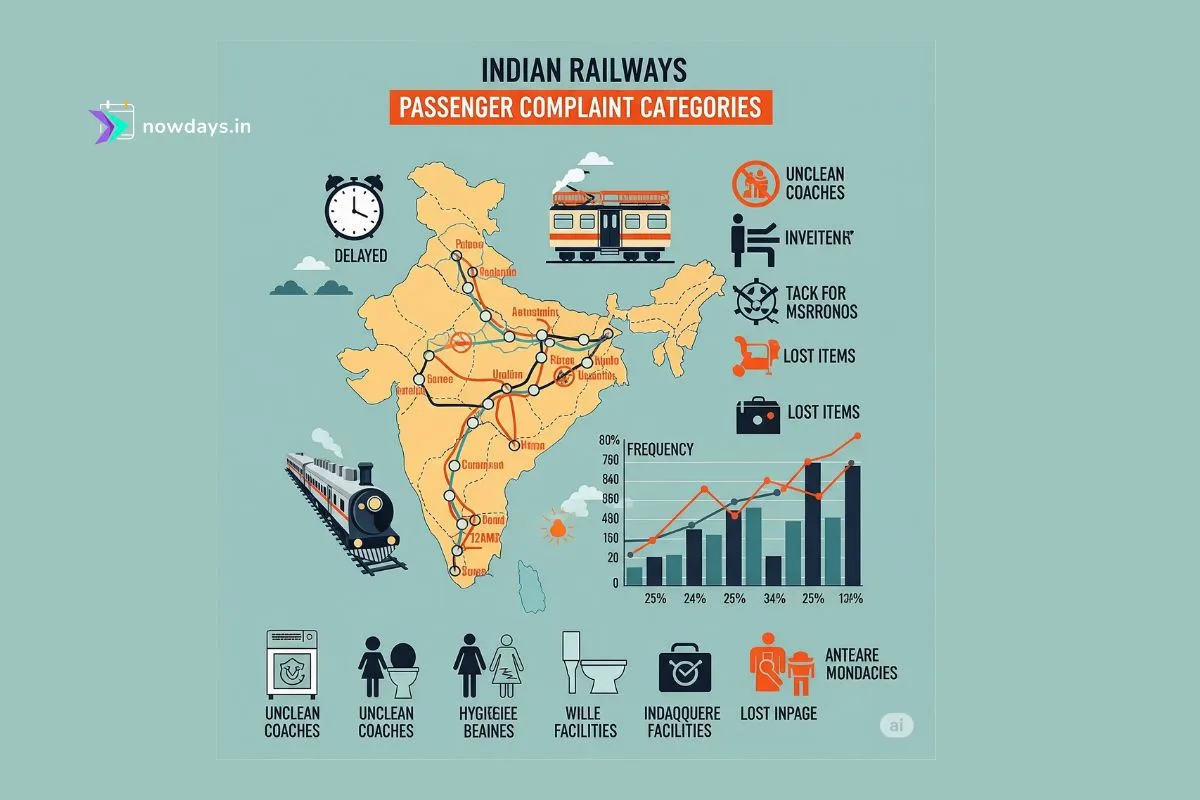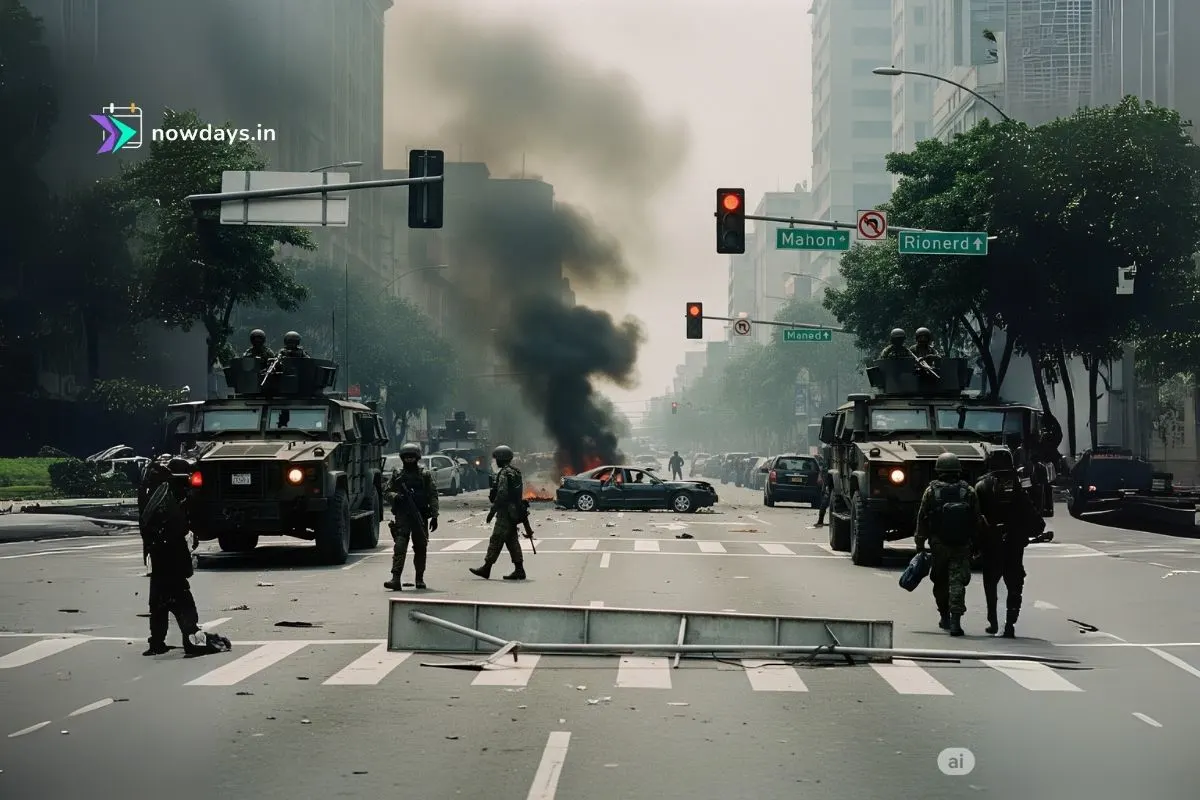Indian Railways : Government figures show passengers filed 6,645 complaints about train food quality in FY2024-25 (April 2024–March 2025). This was only slightly lower than the 7,026 complaints recorded in FY2023-24.
(No official breakdown by month was provided, but peak travel seasons – summer and festival periods – typically see higher grievance volumes.) By way of comparison, just 1,082 complaints were logged in FY2021-22, indicating a sharp recent rise. In its written reply, Railway Minister Ashwini Vaishnaw noted that of the 6,645 cases in FY25, fines were levied in 1,341 cases while warnings or advisories were issued in most of the rest.
Common Complaints: Stale Meals, Hygiene Lapses
Caterers’ lapses ranged from minor service faults to serious safety issues. Official records and media reports indicate the most frequent grievances include cold or stale food, late delivery, poor presentation, incorrect orders or pricing, and visible contamination. For example, Railways’ new penalty guidelines classify serving cold food, delayed service or discourtesy as low-level (Type-1) offences, and stale meals, foreign objects (plastic, wood, insects) in food, unhygienic packaging, mislabeled non-veg items, or missing bills as more severe (Type-2/3) offences.
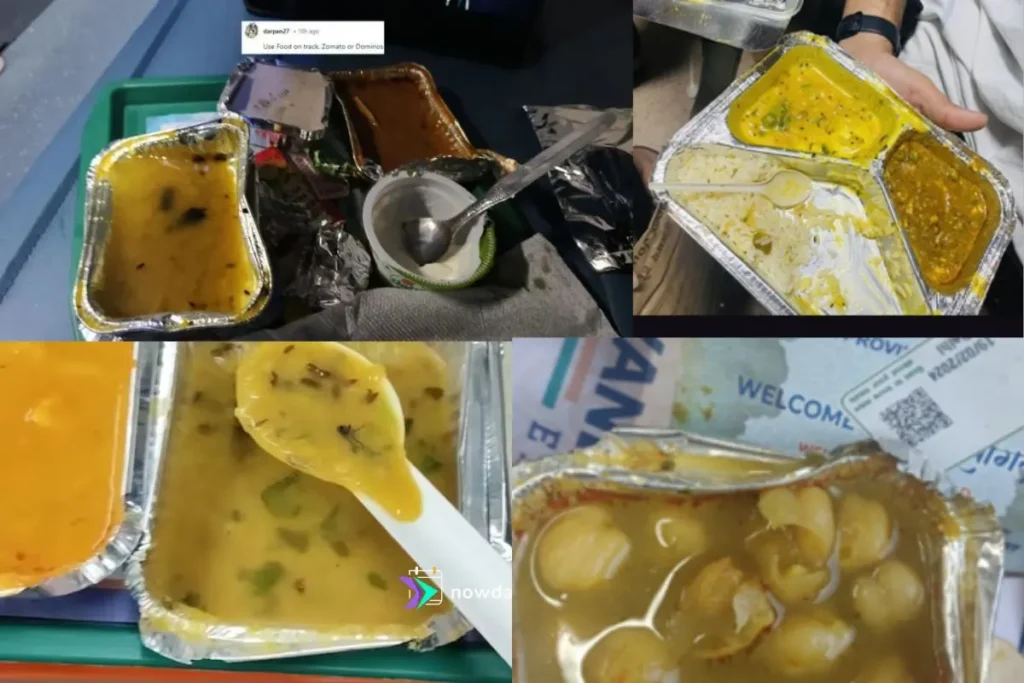
In practice, many passenger complaints cite mushy or undercooked rice, spoiled chutneys, or waterlogged parathas – conditions indicative of lax cleanliness. E-catering vendors have also been accused of overcharging; in one high-profile July 2025 incident, a traveller who complained about an overpriced meal on the Veraval–Jabalpur Somnath Express was later assaulted by pantry staff. Railway officials promptly moved to cancel that coach’s pantry contract and bar the vendor.
Zones and Trains Affected
Rail officials did not single out any one zone or train in the FY25 report. However, oversight panels have flagged chronic problems on long-distance services. A 2024 Public Accounts Committee report noted that many Rajdhani/Shatabdi trains lack attached pantry cars, forcing reliance on outsourcers. Base kitchens for these trains are often offsite and thus less supervised. In practice, complaints appear scattered nationwide—from Rajdhani routes to sleeper class express services—and are logged through the RailMadad/139 portal across all zones. (IRCTC’s 2023-24 annual report cites 11 base kitchens and hundreds of pantry cars serving the fleet, but details on zone-wise complaint tallies were not published.) Passenger groups say any train with eCatering service or a pantry car can be affected by “IRCTC catering issues” if oversight is weak.
Enforcement: Fines, Warnings and Vendor Bans
Railways say it has taken punitive action in every reported case of adulteration or unhygienic food. In FY2024-25 alone, IRCTC imposed monetary penalties on 1,341 food suppliers and levied warnings or advisories in most of the remaining ~5,300 cases. Over the past five years (FY21–FY25), about 19,427 food-quality complaints were registered, of which fines were imposed in 3,137 cases. In some instances, vendors’ licenses have been revoked. The minister’s reply noted one caterer’s contract was terminated (FY2020-21) for repeated lapses. Similarly, the IRCTC recently banned a vendor for five years after a YouTube video documented an assault on a passenger who complained about food.
In November 2023 the Railway Board tightened the rules further. A new 20-page circular specifies graded penalties for 28 caterer offences. For example, it now imposes ₹5–10 lakh fines (or immediate termination on repeat) if pests like lizards or rodents are found in a pantry, or if a passenger needs hospital care after eating train food. Lesser issues (cold food, delays, rude staff) incur ₹5,000–25,000 fines, while mid-tier faults (stale food, insects or glass in food, mislabeling) bring ₹10,000–2.5 lakh penalties. These rules also mandate neat uniforms and hygiene checks for pantry staff.
IRCTC Catering Operations
IRCTC provides onboard meals through a blend of base kitchens, pantry cars and e-catering partnerships. Designated IRCTC base kitchens at major hubs prepare standardized meals for premium trains, with CCTV monitoring at the cooking source. Onboard pantry cars and approved mobile vendors then serve passengers en route. In recent years IRCTC has expanded e-catering services: passengers can pre-order meals from station restaurants (IRCTC-certified vendors) via app or website. Catering contracts have also been restructured into “train clusters” assigned to about 20 service providers. (These clusters may include Rajdhani, Vande Bharat and other long-distance trains.) IRCTC says all tenders are awarded competitively and transparently. In addition, IRCTC has increased the deployment of its own supervisors and food-safety officers on board and in base kitchens to uphold train food hygiene.
Proposed Reforms and Technology
Railways and IRCTC are rolling out new checks to boost food safety. Quality audits and surprise inspections by third-party agencies are now routine in pantry cars and base kitchens. All meals come with QR-code labels showing kitchen source, packing and expiry dates, so passengers can instantly verify hygiene information. The Railway Board also highlights mandatory FSSAI certification and on-site Food Safety Supervisors. In a boost to transparency, IRCTC has introduced technology tools: major base kitchens now live-stream food preparation online, and an AI-based CCTV system (developed with a private vendor) automatically flags anomalies in real time. Rail Madad, Twitter handle @IRCTC_catering and other digital channels provide feedback loops for dissatisfied customers. “From the experience gained… we must deploy qualified manpower and adequate infrastructure… to ensure good hygienic food,” a recent railways circular emphasizes.
Incidents Highlighting the Problem
Recent media reports underscore the food woes. In late 2023 an HT sting found rats nibbling vegetables on a train pantry car; the contractor was slapped with only a ₹25,000 fine. That episode prompted the Board’s new fine structure. Similarly, videos have surfaced of mouldy meals and passenger altercations. (For example, vlogger Vishal Sharma’s RailMadad post in May 2025 led IRCTC to bar a Hemkunt Express caterer for assaulting passengers.) Civil society and rail-user groups say these incidents show the need for continued vigilance. A Parliamentary committee in 2024 warned that frequent policy changes have “compromised food quality, hygiene and cleanliness” and urged IRCTC to strengthen oversight.
Railway authorities defend their record. “Prompt and appropriate punitive action, including fines, disciplinary action… is taken in case any adulterated/unhygienic food complaint is reported,” Minister Vaishnaw told parliament. He points to the higher staffing and CCTV coverage in base kitchens as proof of improvement. As awareness of IRCTC catering issues grows, the focus is now on technology and strict enforcement to restore passenger trust in train food.
Sources: Government and IRCTC data (Parliamentary reply by Shri Ashwini Vaishnaw); coverage by NDTV, Hindustan Times, Indian Express, Times of India; and IRCTC/railway releases. (All figures are for financial years, as reported.)
